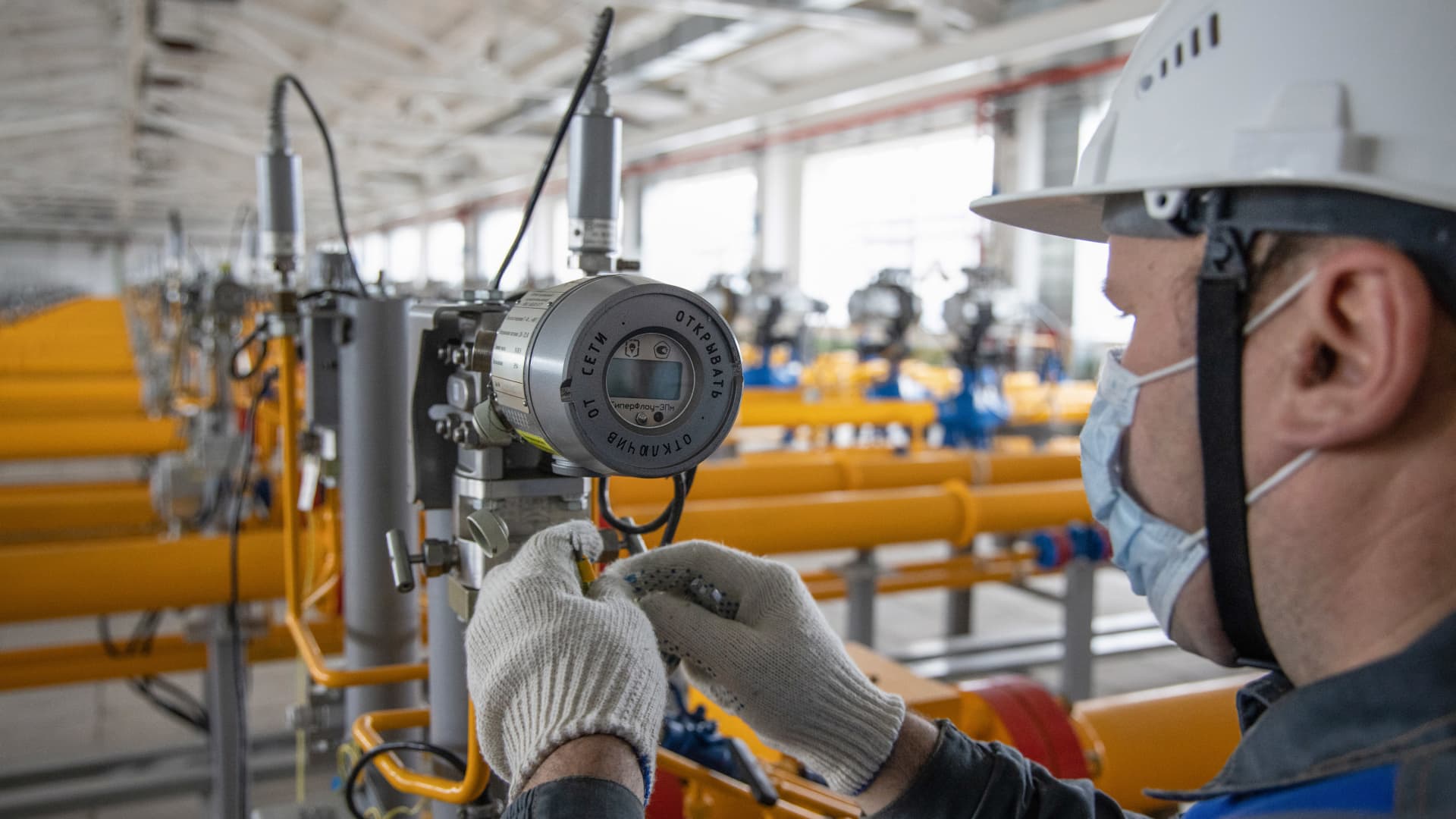Autopilot & Full Self Driving â California DMV Accuses Tesla Of False Advertising


Elon Musk had one eye on the mirror as he watched himself gavotte at the Tesla shareholder annual meeting last week, but neither he nor his company had time to respond to complaints by the California DMV that Tesla has misled customers by claiming in marketing materials that vehicles equipped with its Autopilot and Full Self-Driving capability programs were autonomous.
This is just the latest phase of a dance that began when Tesla started producing cars in 2016 that incorporated a suite of cameras and radar that could allow their cars to drive themselves under certain circumstances without input from drivers.
Two years ago, a court in Munich, Germany ruled that “Autopilot” and “Full Self Driving” were misleading and ordered the company to stop using them on its German website. Elon scoffed that is was just an issue of semantics, but the court was not swayed by his attempt to bat the controversy away.
Tesla “made or disseminated statements that are untrue or misleading, and not based on facts, in advertising vehicles as equipped, or potentially equipped, with advanced driver assistance system (ADAS) features,” the California DMV said in its complaints revealed this week, which were filed with the state’s Office of Administrative Hearings, according to the Los Angeles Times.
Tesla has 15 days to respond by filing a “notice of defense,” after which the matter could be brought to a hearing before an administrative law judge. If Tesla disagrees with the decision, it could appeal to the Superior Court or it could reach a settlement with the agency.
“DMV seeks to require Tesla to provide more accurate terms and descriptions, and more and better consumer education of the product capabilities and limitations,” a DMV spokeswoman told MarketWatch on Friday. If the agency’s complaints succeed, Tesla’s licenses to manufacture and sell vehicles in California could be suspended or revoked.
In the complaints, the DMV refers to at least five dates between May and July during which Tesla on its website used sentences such as “The system is designed to be able to conduct short and long-distance trips with no action required by the person in the driver’s seat.” That sentence and others mentioned in the complaint remain on the Autopilot page on the company’s website.
“These ‘Autopilot’ and ‘Full Self-Driving Capability’ labels and descriptions represent that vehicles equipped with the ADAS features will operate as an autonomous vehicle, but vehicles equipped with those ADAS features could not at the time of those advertisements, and cannot now, operate as autonomous vehicles,” the DMV says. ADAS stands for “advanced driver assistance system.” The complaints note that Tesla has included a disclaimer that its vehicles require active driver supervision and are not autonomous, but that such language “does not cure the violation.”
The Autopilot Wars
Tesla has gotten pushback on the terms “Autopilot” and “Full Self Driving” for years. Three years ago, the Insurance Institute for Highway Safety (IIHS) claimed those words tended to allow drivers to overestimate what the systems were actually capable of doing.
Even the great and powerful Musk admits making the systems live up to the promise of their names is a daunting task. His claim that a Tesla Model S would drive from Los Angeles to New York City in 2017 and park itself with no human input has now proved elusive so many times that it has become an internet joke. And yet Musk continues to insist it will happen soon, despite continuing setbacks. “There are just so many false dawns with self-driving,” he said in May. “You think you have a handle on the problem and then — nope — it turns out you just hit a ceiling.”
Featured image credit: Tesla and CleanTechnica
Appreciate CleanTechnica’s originality and cleantech news coverage? Consider becoming a CleanTechnica Member, Supporter, Technician, or Ambassador — or a patron on Patreon.Don’t want to miss a cleantech story? Sign up for daily news updates from CleanTechnica on email. Or follow us on Google News!Have a tip for CleanTechnica, want to advertise, or want to suggest a guest for our CleanTech Talk podcast? Contact us here.
Advertisement
This post has been syndicated from a third-party source. View the original article here.




